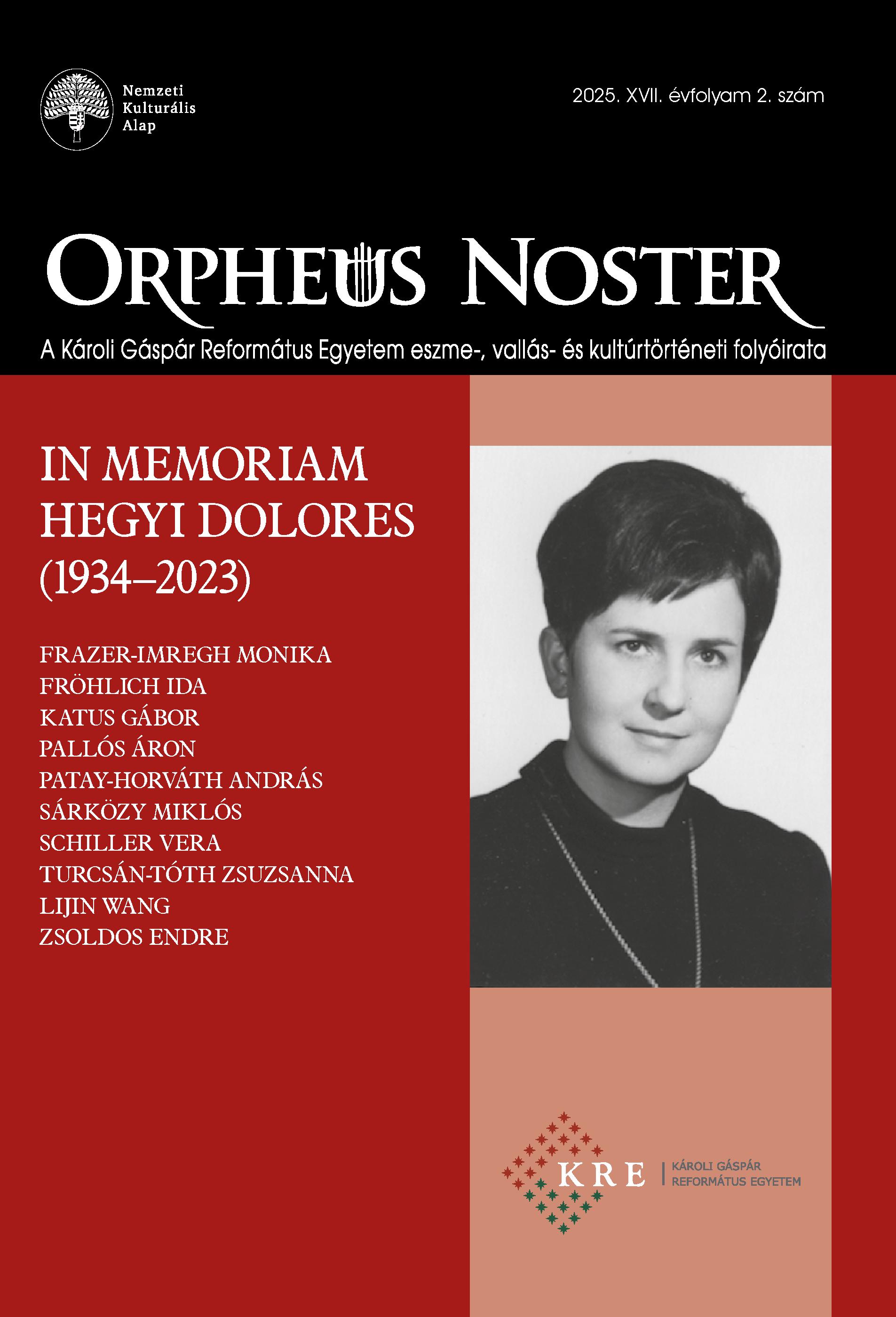Medes and Persians in Postexilic Jewish Literature
Abstract
Old Persian empire was one of the successive empires of which ancient Jewry was a subject. However, its representatives were regarded in Jewish sources as liberators rather than oppressors, unlike those of Babel, i.e. the Neo-Babylonian Empire, and later the Seleucid and Roman Empires, which were recalled as examples of oppression and religious intolerance. Loyalty to the Persians appears in Jewish postexilic literature openly or covertly, concealed by later interpretations of certain texts. Interpretation of the oracle of Daniel 5, according to which „Darius the Mede took over the kingdom (mlkw) at the age of sixty-two” (Daniel 6:1) provides a larger historical perspective on the historical role of the Old Persian Empire. The text of 2 Daniel is a prophecy that has been reinterpreted several times, the first formulation of which hailed the Persians as „eternal dominion” after the change of Persian rule in the 6th century BC. Persian propaganda played a significant role in the formation of a positive opinion. The de-legitimization of the fallen Nabunaid and the legitimization of dynasty founder Cyrus were formulated in the common cultural language of the Ancient Near East, the basic concepts of which were associated with the cult of the country’s patron deity and social justice against his people. The legitimizing institutions were the Babylonian Marduk priesthood and Jewish exilic prophets, who, albeit with altered functions, were present in the Babylonian Jewish diaspora and legitimized the empire-founder Cyrus for their people.


